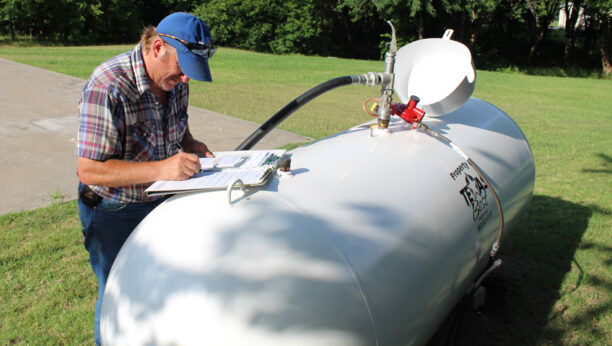Vendors Can Fuel Growth or Drain Profits

As your propane business grows, so does your list of vendor partners – from tank manufacturers and software providers to fuel suppliers and printing services. These partnerships are meant to help your business run smoother and grow faster. But sometimes, what looks like a good deal on paper can subtly drain your profits over time. If you’re not regularly evaluating your vendor relationships, you might be spending more than you should – or missing out on better service that could boost your earnings. Knowing how to assess these relationships correctly is essential to protecting your margins and making better decisions for your company.
Look Beyond the Price Tag
It’s easy to assume that if you’re getting a fair price, the vendor relationship is working. But there’s more to the cost than what’s written on the invoice. You need to consider the total value the vendor provides. This includes product reliability, delivery speed, support responsiveness, and how much time your team spends fixing problems caused by the vendor. For example, a cheaper supplier who delivers late or frequently ships incorrect parts costs more in delays, missed service calls, or rescheduled installations than a more expensive vendor who gets it right the first time. Always ask yourself if what you’re saving upfront costs you on the backend.
Audit for Hidden Costs and Waste
Start by reviewing vendor invoices from the past 6 to 12 months. Are you still paying for unexpected charges, outdated fees, or unused services? Is your team ordering too much inventory because of minimum order requirements? Are you losing hours dealing with software bugs or communication breakdowns? Tracking the time and money lost to these minor issues gives you a clearer view of which vendors truly support your profitability and which do not.
Review Service Agreements and Terms
Many propane companies sign multi-year vendor agreements and never revisit the details. If your business has grown – or shrunk – since the contract started, those terms may no longer fit your current needs. You might be locked into pricing that doesn’t reflect today’s market or stuck with equipment bundles that no longer make sense. Check for renewal dates, rate increases, volume commitments, and cancellation penalties. Be sure your agreements allow room for your business to adjust when needed.
Measure Performance with Internal Feedback
Your team has valuable insight regarding which vendors are reliable and which ones slow them down. Ask your drivers, technicians, and office staff what causes them the most frustration. They’ll tell you which software freezes too often, which suppliers are hard to reach when there’s an issue, and which deliveries show up short or damaged. This feedback is often more accurate than a customer service rating or vendor-provided review. It reflects the real-world impact on your daily operations, so be sure to pay attention to it.
Don’t Ignore the Relationship Side
While price and performance are key, a vendor’s willingness to support your goals also matters. Do they communicate clearly? Offer upgrades or newer options when available? Take time to understand your business? Vendors who act like true partners – not just order-takers – are worth more to you in the long run. If a vendor never checks in, never improves, and only shows up when there’s a bill to pay, they might not be truly invested in your success.
Business Implications
Reviewing and improving your vendor relationships reduces risk, improves day-to-day operations, and opens the door to better pricing or service. Even minor adjustments – like dropping a slow-performing software vendor or renegotiating a contract – can help you keep more of your hard-earned profits. When every partner in your supply chain adds real value, your propane business will run stronger, faster, and with fewer surprises.










